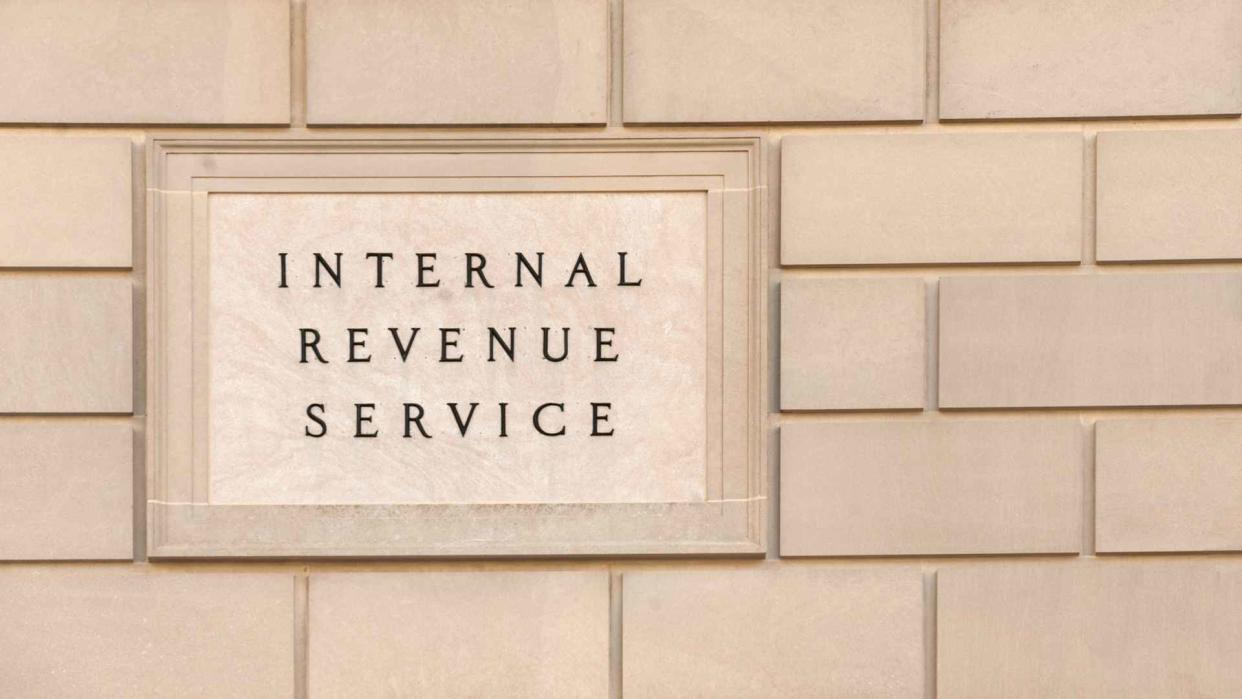4 Surprising Things the IRS Already Knows About Your Finances

For many Americans, the IRS and the tax filing process may seem complicated and mysterious. What does the IRS already know about you and your finances, and what can they find out?
Be Aware: The 7 Worst Things You Can Do If You Owe the IRS
Try This: Owe Money to the IRS? Most People Don’t Realize They Should Do This One Thing
It turns out, the IRS has the ability to see a surprising amount of your personal information. However, the IRS is likely to seek out personal information only if your tax return signals something suspicious.
Keep reading as we explore what the IRS already knows about you and your finances.
Reported Financial Records
This might not be a huge surprise to many people, but most of the time, the IRS already knows what your tax return will be before it’s even filed. The reason is because they’ve already received copies of your W-2 and 1099 forms.
Your W-2 reports all your previous year’s wage income, while your 1099s list income from freelancing, stock dividends and interest. By law, your employers must submit these documents to the IRS before January 31.
Non-Reported Financial Records
During an audit, the IRS may request additional financial records you have not already supplied. If you refuse or don’t provide them by the IRS deadline, the IRS can summon the records directly from your bank or financial institution. You can contest the summons if you can prove that the IRS already has the information, that the summons isn’t for a legitimate purpose, or that the information is irrelevant to the current matter.
“You are mistaken if you think that the IRS knows the details of your income alone. They also have insights into your financial accounts,” says Wayne Bechtol, Senior Tax Accounts at Fiona. “Earning more than $10 from a bank account during the year requires the bank to report it to the IRS on Form 1099-INT. Plus, your dividends and stock sales are reported through 1099-DIV and 1099-B. Thus, the IRS has details of your investment accounts. Additionally, payments through merchants like PayPal is also visible to the IRS because of reporting through Form 1099-K.”
For You: A Look at Tax-Filing Options and Costs
Social Media Postings
Postings on social media, like Facebook or X (formerly Twitter), can be accessed by the IRS. Even tweets from years ago can be used as evidence that you misled or committed tax fraud.
Once something is out there on social media, it can be found.
Emails
The American Civil Liberties Union has IRS documentation that reveals that the IRS believes it has the legal authority to open private emails without people’s knowledge and sometimes even without a warrant. Don’t assume your emails are private just because they are not published publicly.
What To Do About It
If you are worried about the IRS accessing your personal information, there are some things that you can do about it. Always file truthful and accurate tax returns, know what is public and what is private, don’t post any contradicting information online, and keep track of legitimate deductions.
File Truthful and Accurate Tax Returns
Having truthful and accurate tax returns may help avoid an audit. And if you do get audited, having an accurate tax return may make you more likely to win the audit or its appeal.
“Thanks to sophisticated data analysis tools and comprehensive databases, the IRS can estimate the deductions you qualify for based on your income level, profession, and previous years’ tax returns,” says Philip Wentworth, Jr, co-founder of Rockerbox Tax Solutions. “This means if your claimed deductions are significantly higher or lower than what they expect, it might raise red flags. As a preemptive measure, ensure you have documentary evidence for all deductions and be precise in following the guidelines for what is allowable.”
Know What Is Private and What Is Public
Online cloud Dropboxes, cloud storage and anonymous email addresses are not as private as you may think. The FBI, and by extension, the IRS, can still access this data, even from years ago.
Don’t Post Any Contradicting Information Online
Don’t post any information online that may contradict your tax returns. For example, if you report earning $1,000 monthly from your business, don’t brag on Facebook about earning significantly more than that. If in doubt, it is better to post less, not more, personal information online.
Keep Track of Legitimate Deductions
If you’re filing with itemized deductions, keeping track of your expenses in case of an audit is vital. The IRS should have supporting documentation and explanations that you provide rather than having to find them themselves online.
The Bottom Line
Sometimes, tax audits happen. If you get audited, the IRS can access much of your financial information, including reported financial records, unreported financial records, social media postings and even personal emails.
Because of this, you should always be conscious about what personal information you have online. Always file truthful and accurate tax returns, don’t post contradicting information online, and keep track of legitimate deductions.
More From GOBankingRates
Rare Bicentennial Quarter Has Nearly $20K Value -- Plus 7 More Worth Big Money
This is One of the Best Ways to Boost Your Retirement Savings in 2024
6 Things You Should Never Do With Your Tax Refund (Do This Instead)
This article originally appeared on GOBankingRates.com: 4 Surprising Things the IRS Already Knows About Your Finances
